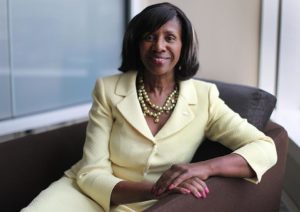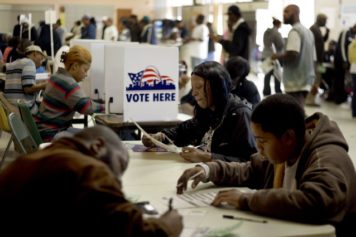As one of the few African-Americans in her law school class, Paulette Brown noticed career counselors steering her and other Black students toward legal service or public defender jobs assisting the poor, instead of more prestigious jobs in big law firms. But she refused to go down that path, eventually serving as in-house counsel for several Fortune 500 companies.
Since those law school days, Brown, a partner in the Boston law firm Edwards Wildman Palmer LLP, has fought against subtle racism, discrimination, and small slights known as “micro-inequities.” For much of her career, she has pressed firms to hire and promote more women and minorities; mentored hundreds of lawyers, mostly women of color; and trained many others on diversity in the workplace.
Now, Brown, 63, has a platform to expand her mission even further. Last month, she became the first Black woman elected to lead the 400,000-member American Bar Association, which, until 1943, did not allow African-Americans to join.
In a profession where only 7 percent of partners are people of color and the number of female associates has fallen for the past five years, Brown is focused, among other things, on raising awareness about implicit bias in law offices, the legal system, and American society. How is it that defendants of different races who commit the same crime get different sentences, she asked. Why are more Black and Latino children suspended from school?
“Once you recognize that it’s a possibility that you could have some unconscious bias, then it hopefully will adjust your behavior. You will take a second to say, ‘Wait a minute, am I reacting this way because I could have some sort of bias in this situation?’ ” Brown said. “As a result, I think that you will be more fair in any kind of deliberation that you are engaged in.”
Read more at bostonglobe.com



